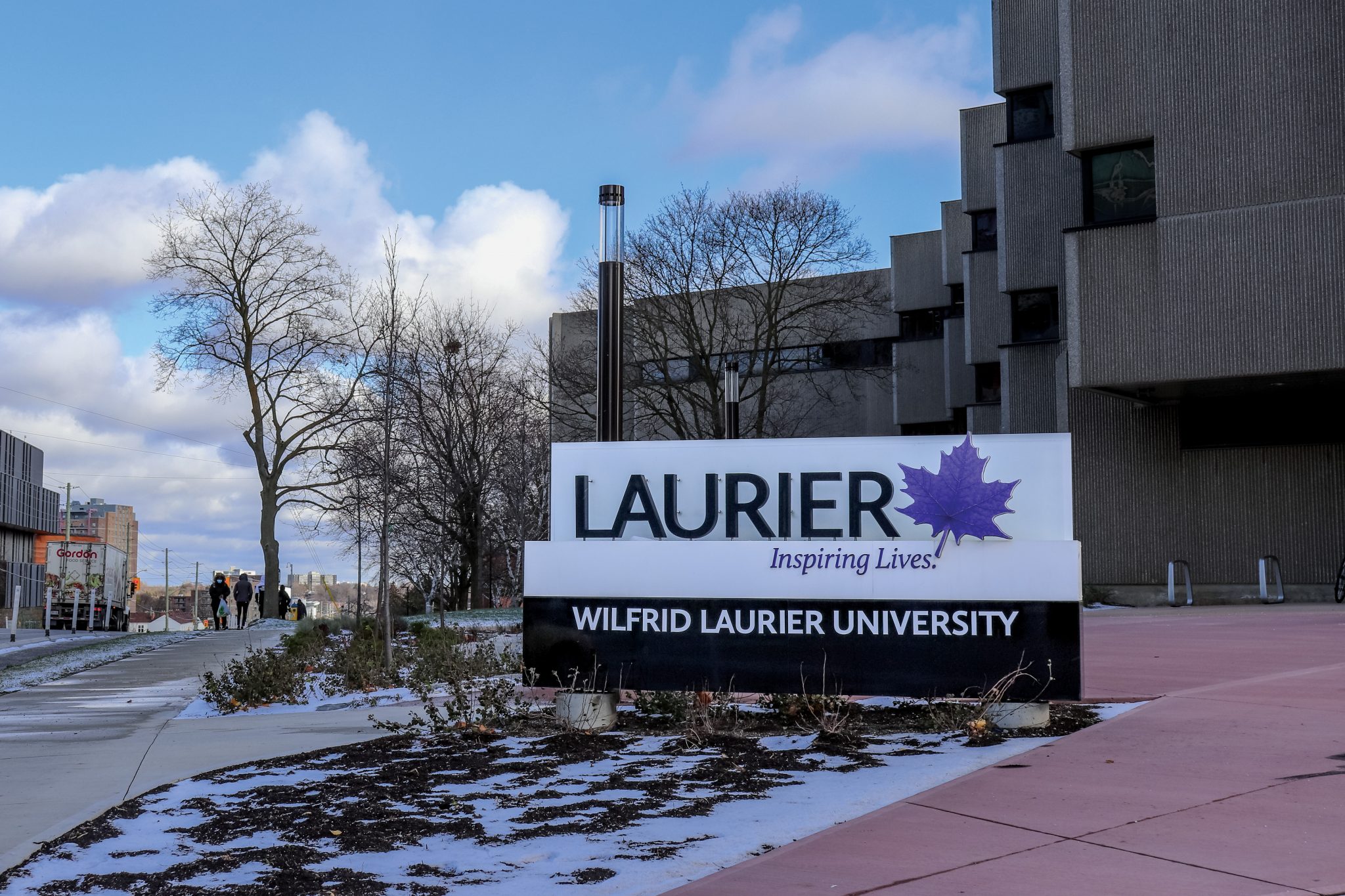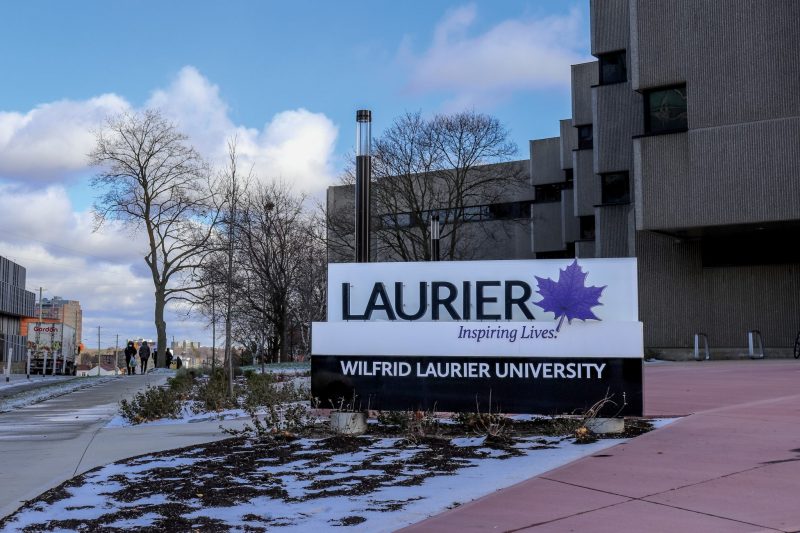Laurier professor to lead Holocaust field course in Poland


This spring, 22 undergraduate students from Wilfrid Laurier University will explore the history of the Holocaust by visiting the very properties upon which that history unfolded.
Over 13 days, Eva Plach, an associate professor at WLU’s Department of History, will lead these students in a field course titled “Into that Darkness: Poland, World War Two, and the Holocaust.”
Such notorious locations as Auschwitz-Birkenau, the largest Nazi death camp from WWII, and Plaszow, the concentration camp portrayed in the film Schindler’s List, are on the course’s itinerary. Museums and other historical-educational locations will also be visited.
“You can’t be a tourist and go get this stuff on your own,” Plach said. Some of the locations to be visited are, especially in the case of the numerous death camps, very remote and difficult to access. What’s more, the trip is curated along academic lines, meaning that different elements of the WWII and pre-war period will be connected for students to explore in unique ways.
“You don’t hear about this course and think: ‘wow, fun, that’s going to be great,’” Plach said. “It’s a very specific kind of student I think that chooses this.”
There’s a whole literature and a whole debate on dark tourism and kind of this idea like what are you doing when you go to a former death camp? … what are you engaging with and what are you expecting? Should you even be there? How do you even be there?
Eva Plach, an associate professor at WLU’s Department of History
According to Plach, students who express interest in this course are usually those who have a general fascination with the Second World War and/or the Holocaust. “It’s a student that really wants to learn this terrible, deep, dark stuff,” Plach said.
To go, as the course title suggests, into that darkness, is something that Plach and her students will have to grapple with on a conceptual level as well as experientially and emotionally.
“There’s a whole literature and a whole debate on dark tourism and kind of this idea like what are you doing when you go to a former death camp? … what are you engaging with and what are you expecting? Should you even be there? How do you even be there?” Plach said.
“There’s all kinds of really complicated questions around that, so I guess the students that want to go on this trip are students that want to engage with some of those questions.”
As for what the course means for Plach, elements of ancestry blend with elements of personal and academic interest.
“It’s important I think for me, as somebody of ethnic Polish background, to be working on this stuff specifically because I am of the view that Poland has an obligation to think, everybody has some kind of obligation I suppose, but Poland in particular has an obligation to think about these questions and to keep the memory alive of history … and to be accurate about what that memory is,” Plach said.
“I do it also because I am endlessly personally [and] emotionally touched by the kind of work that people do in Poland.”
Students interested in field courses and other international offerings from WLU can visit the field course website and the website for outbound exchanges.

